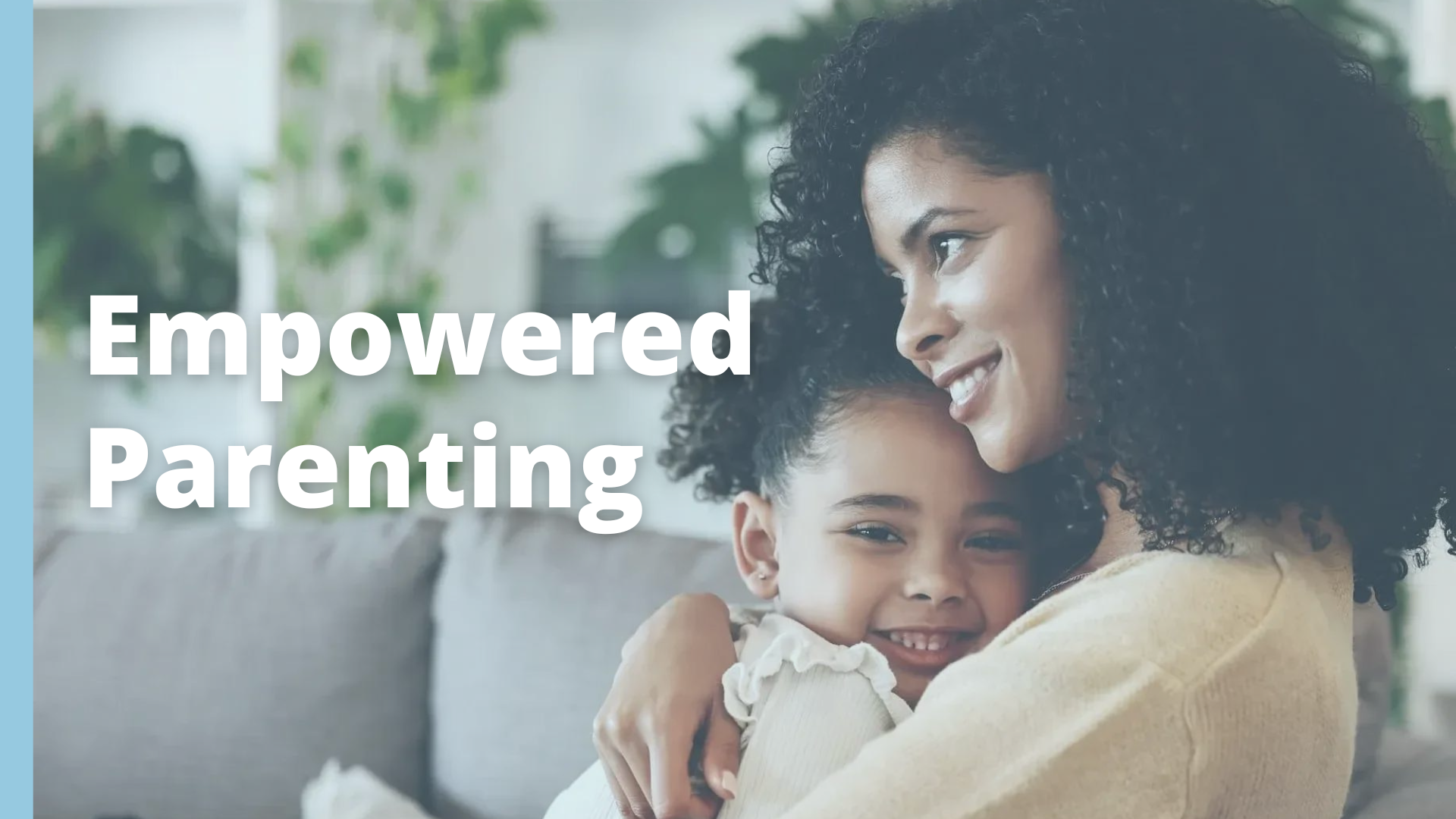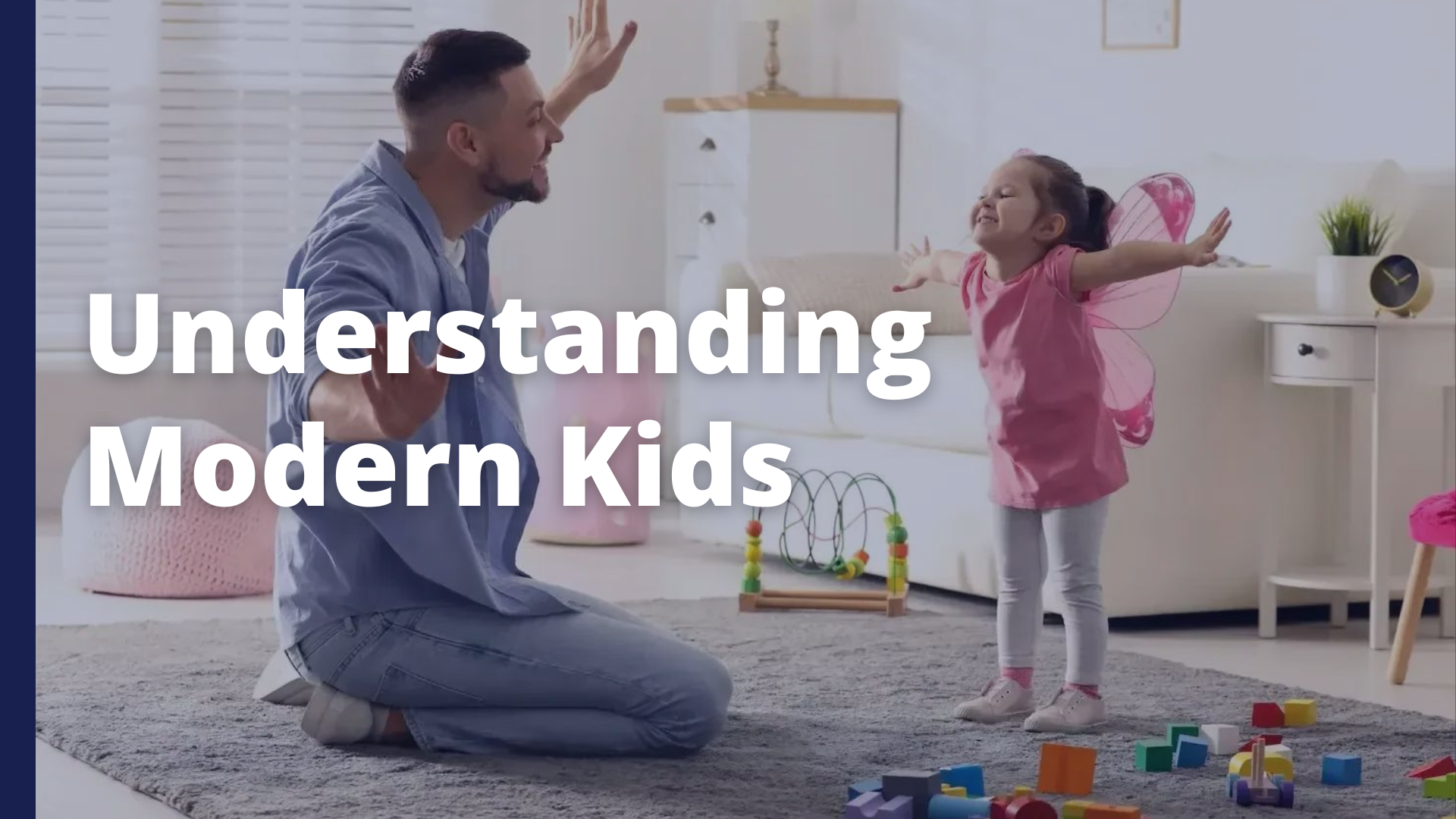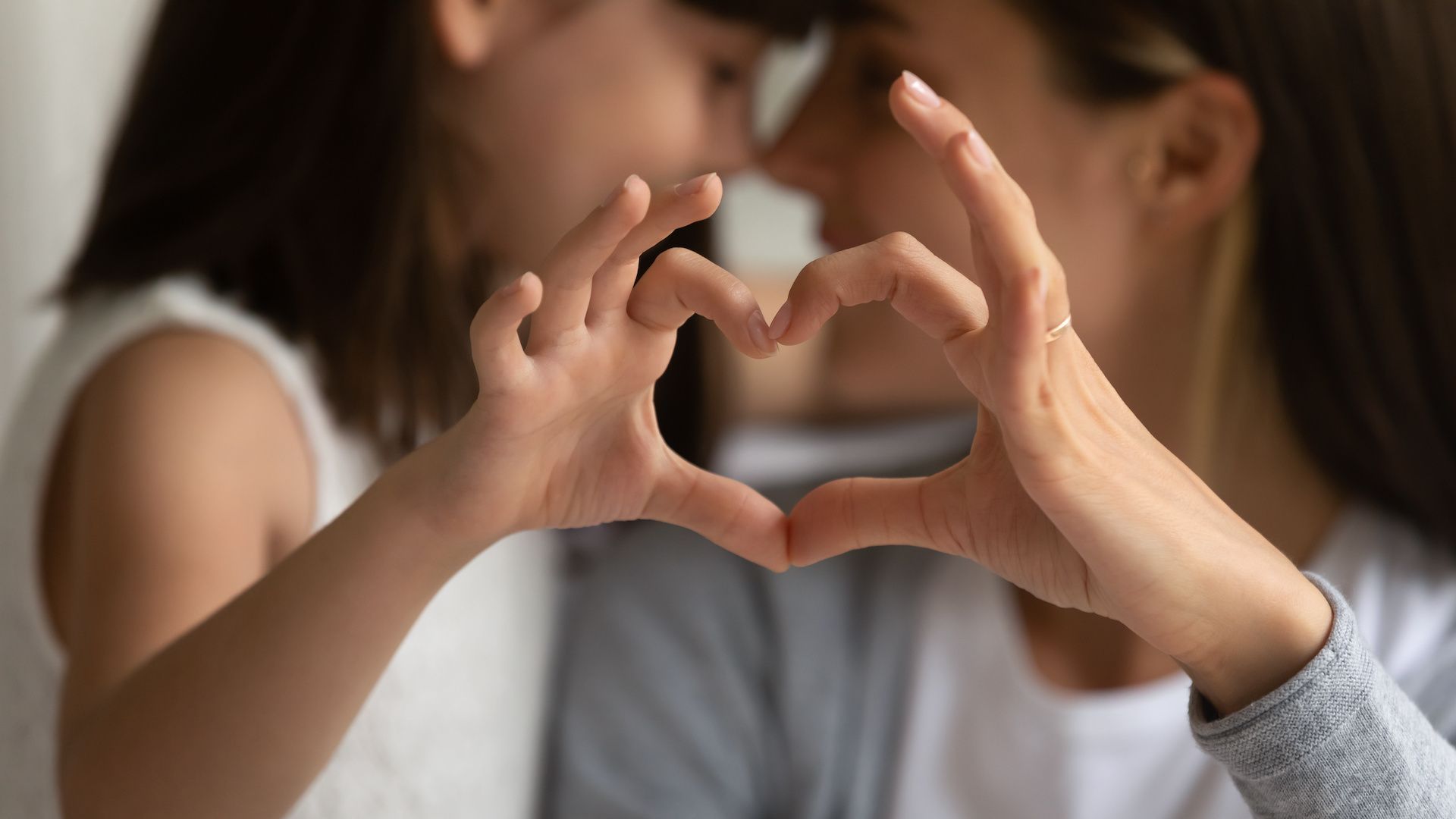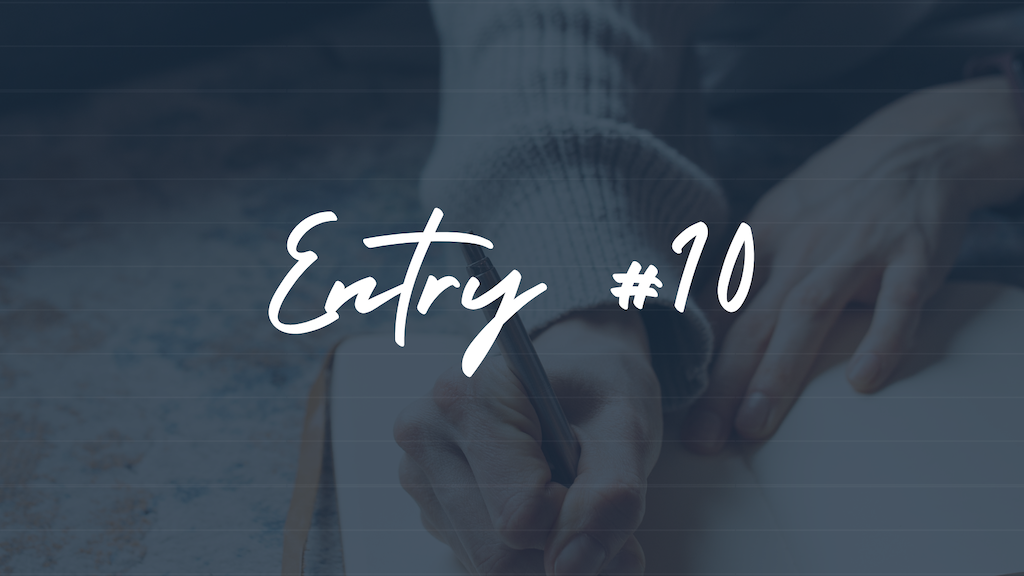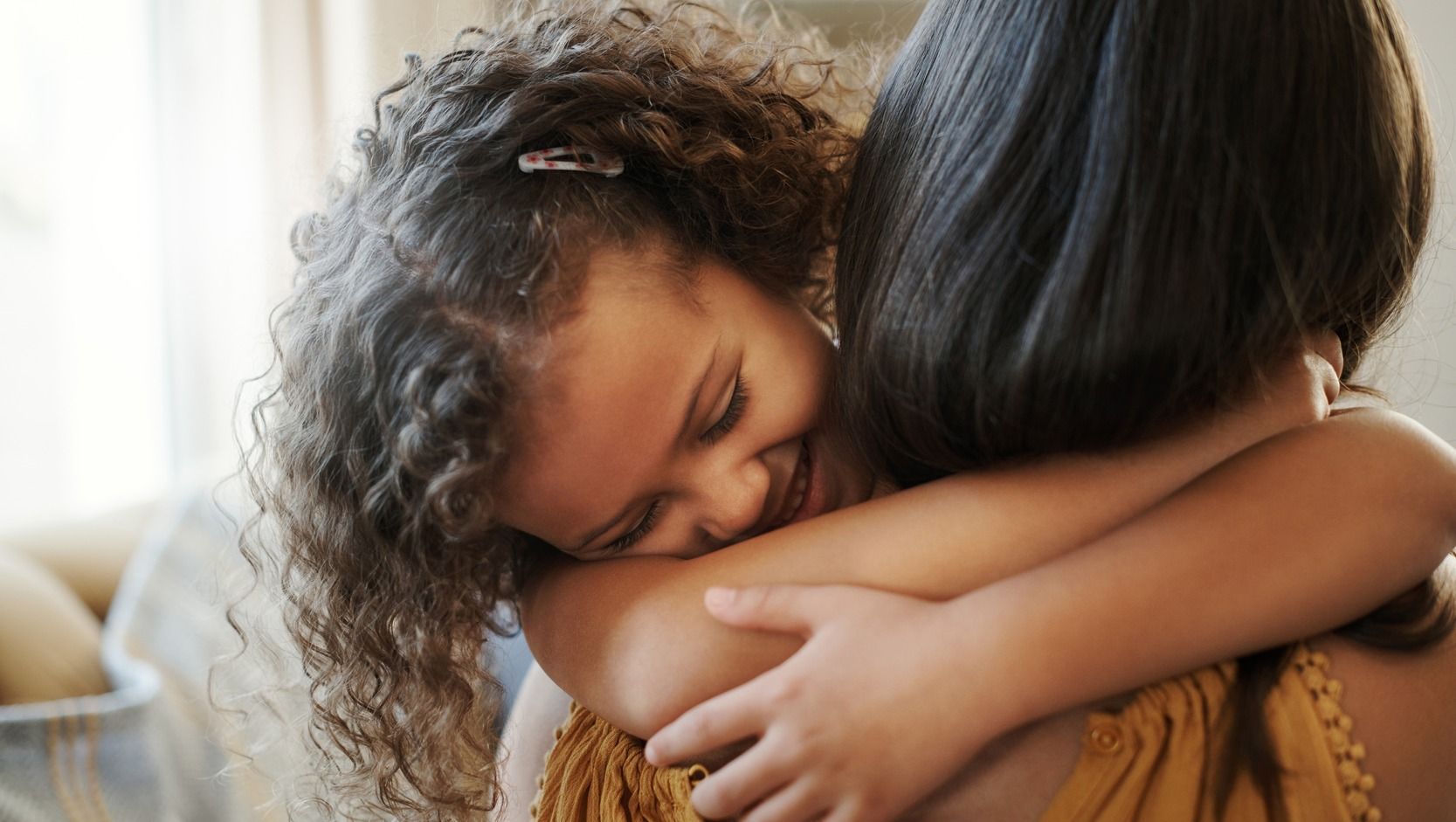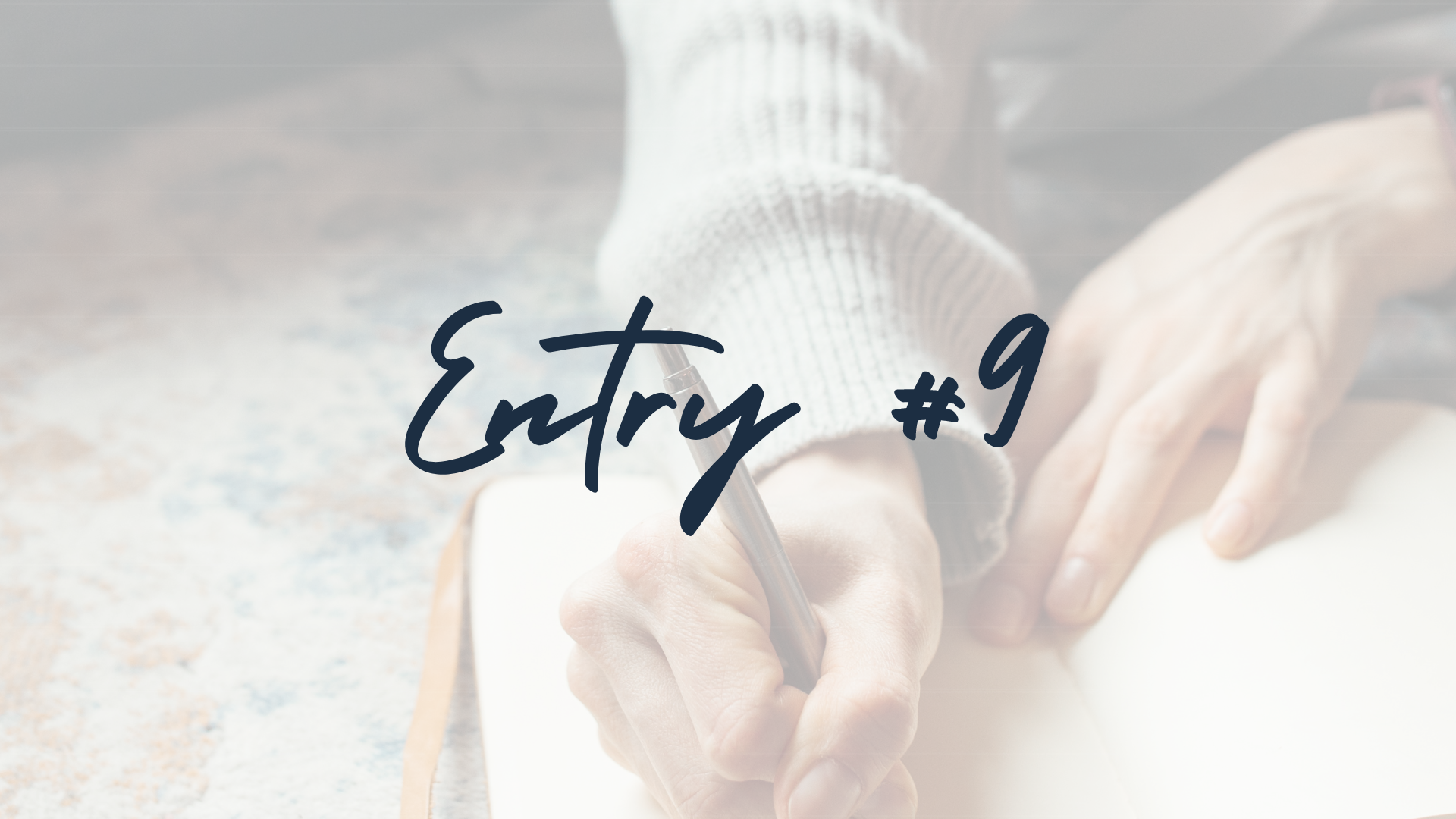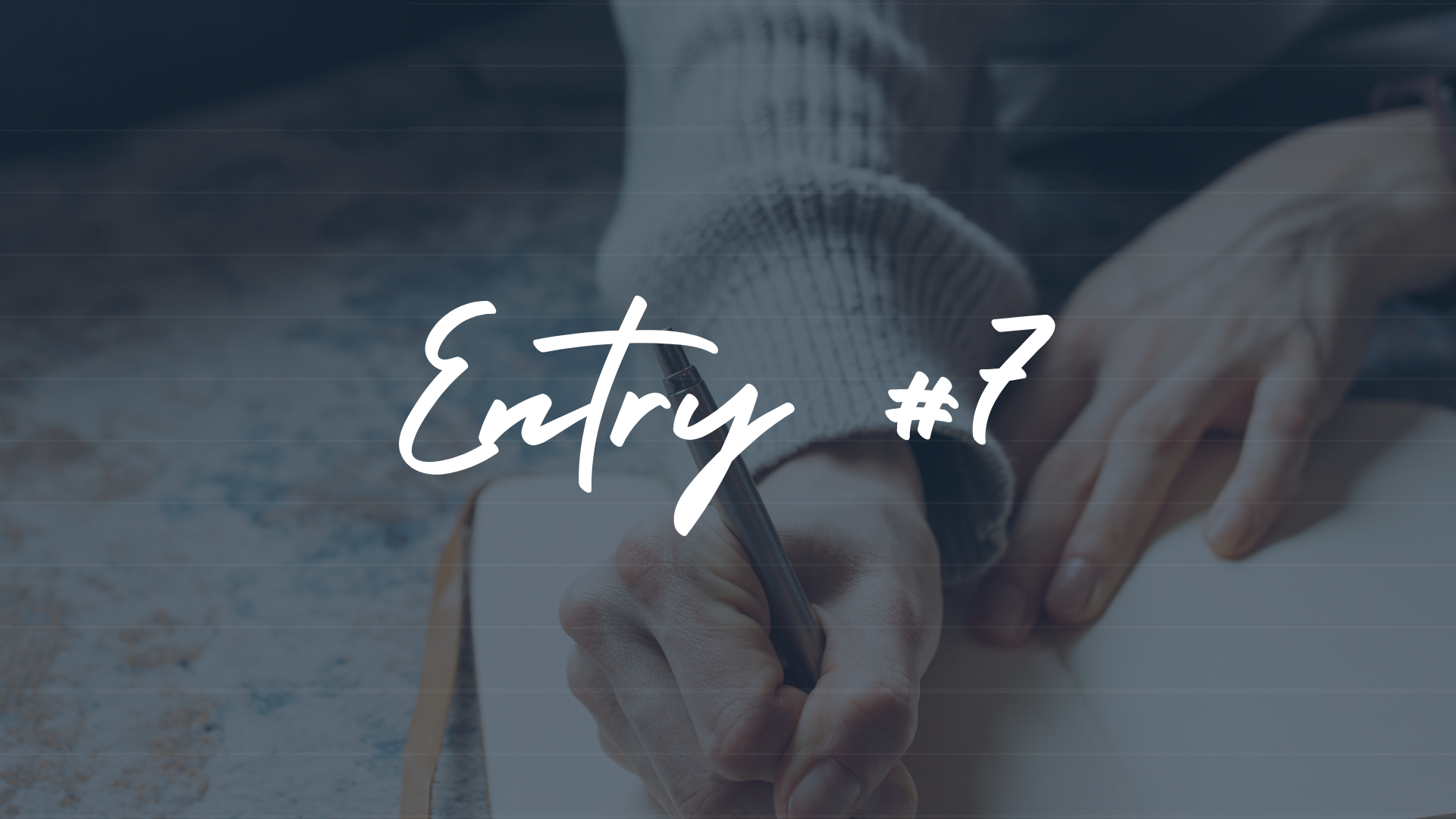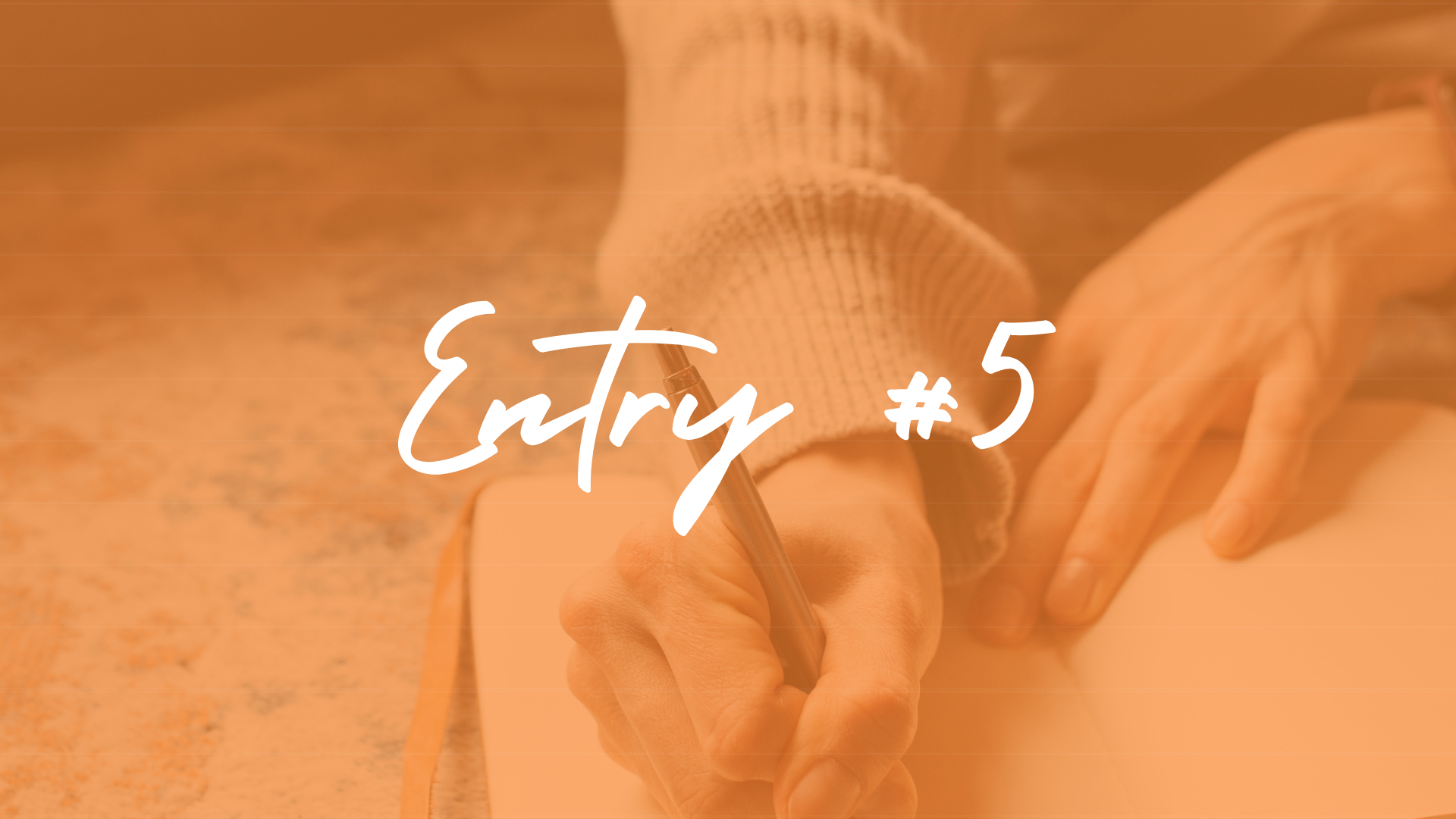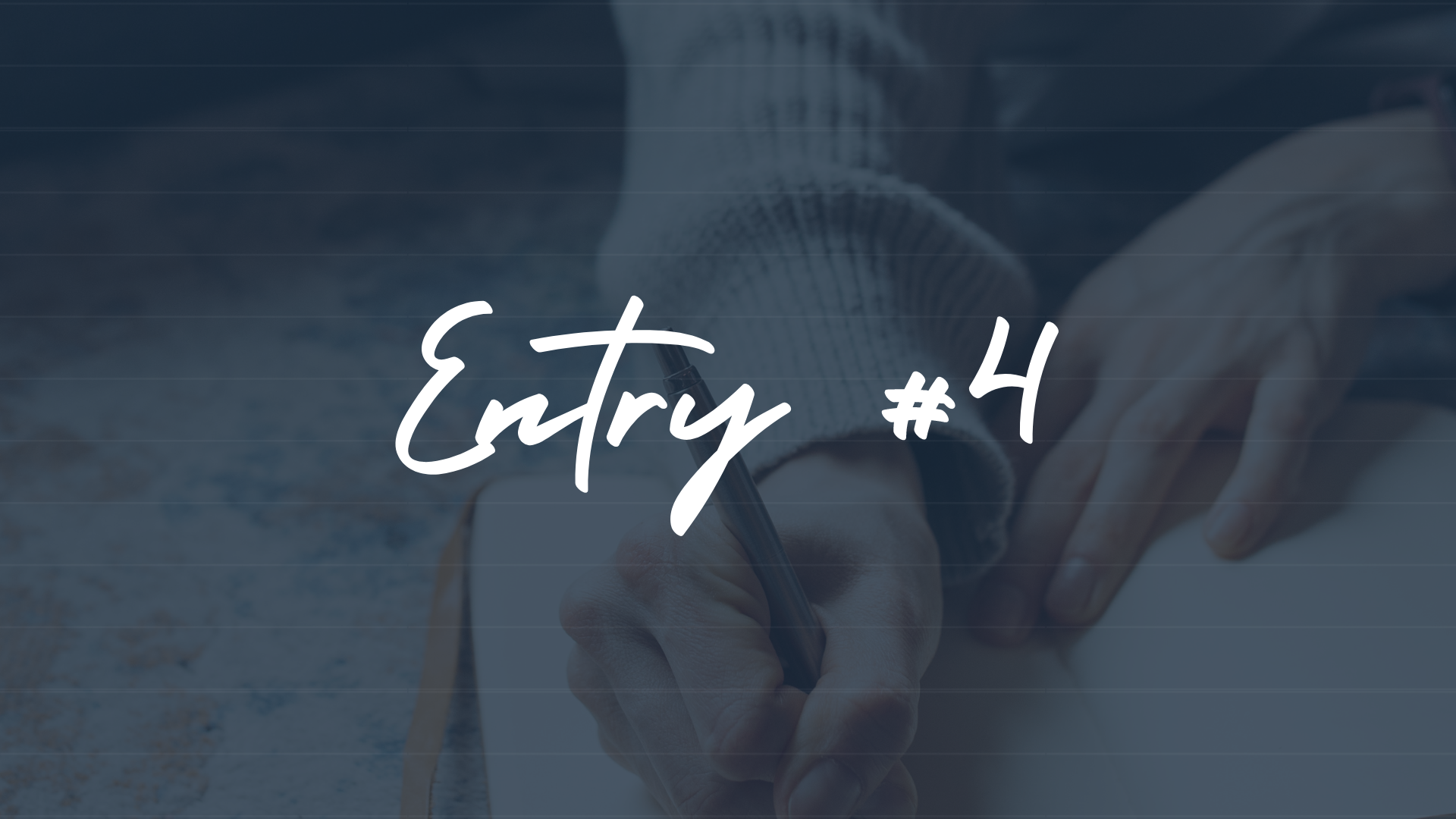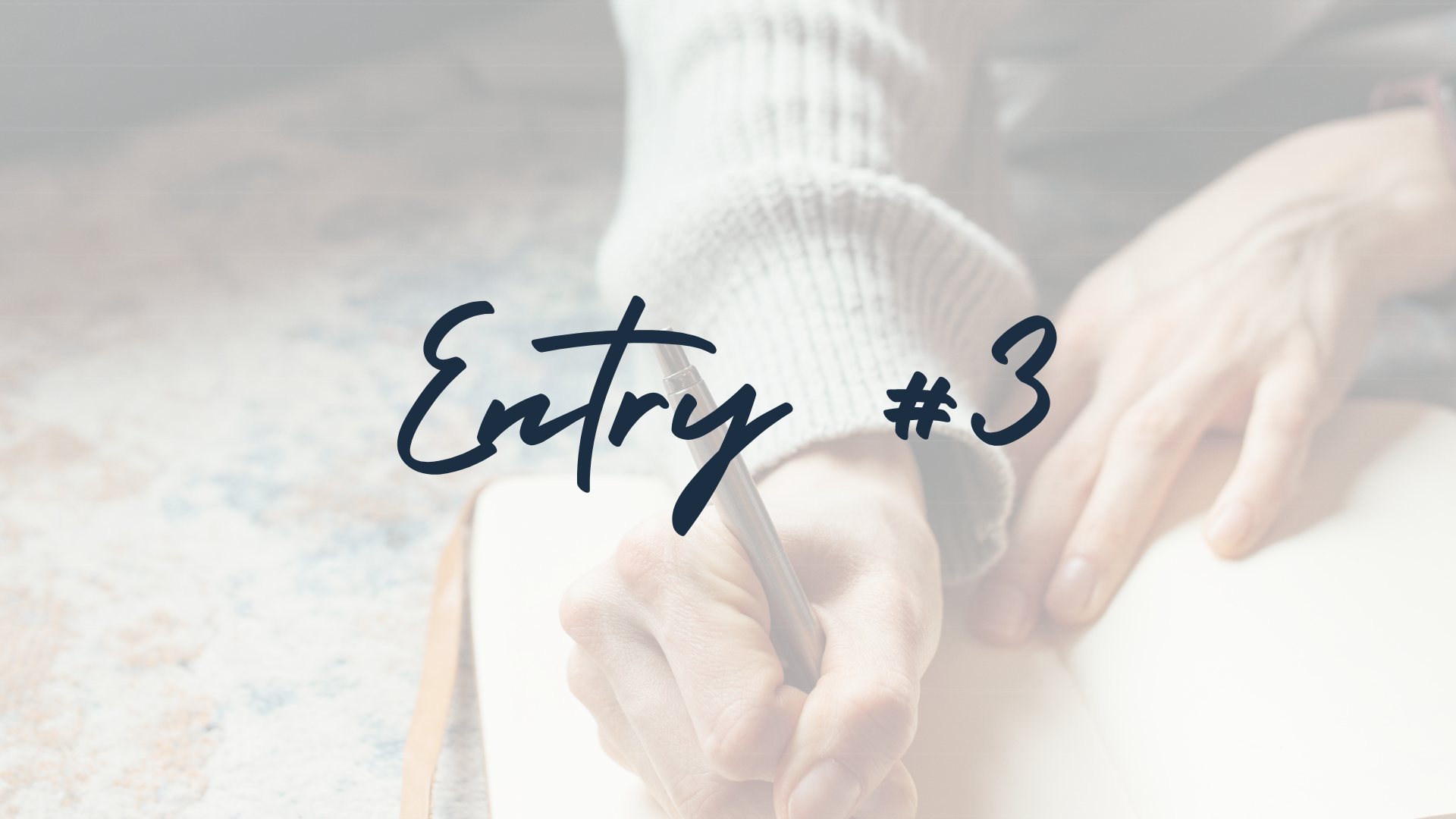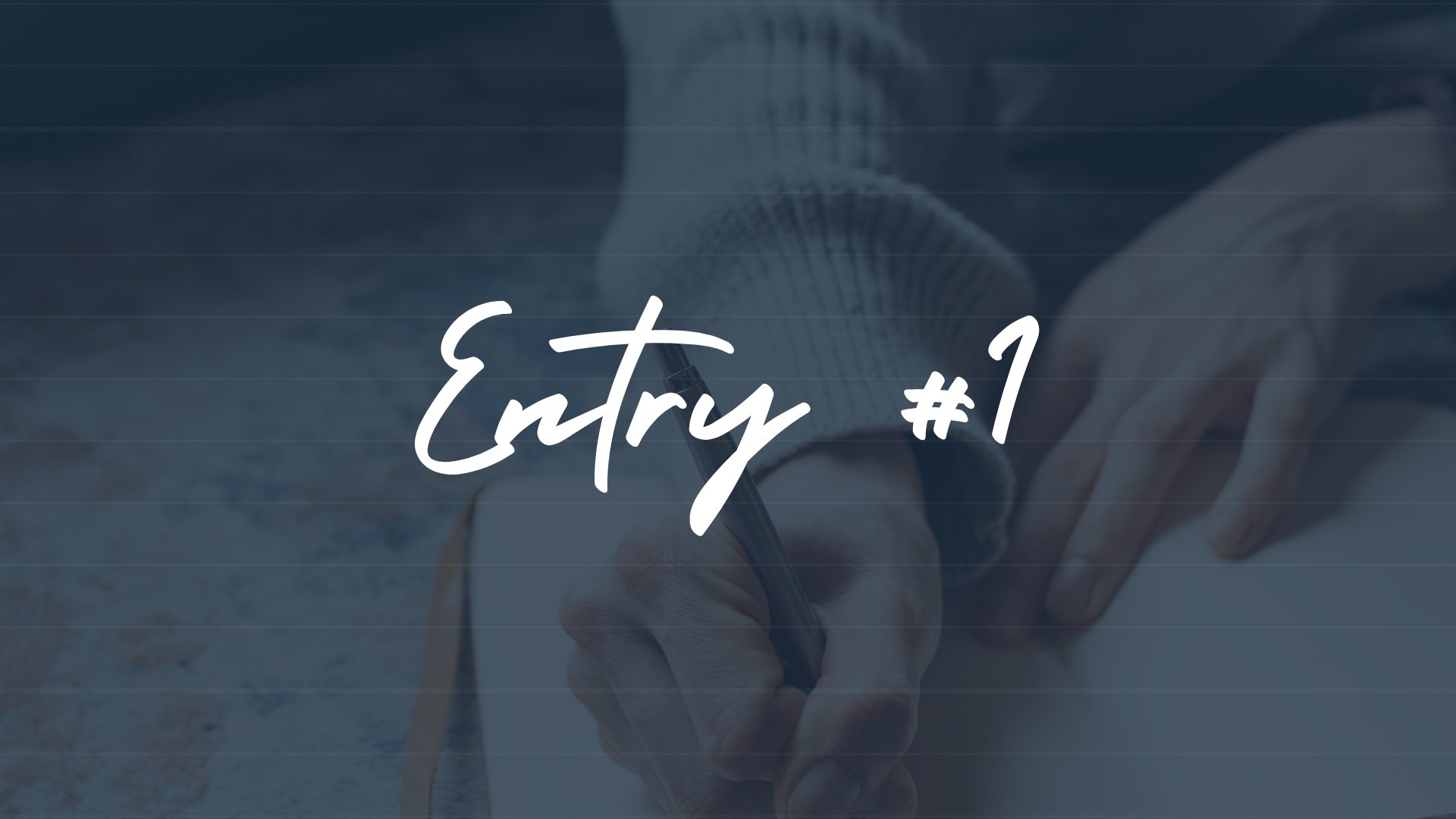Empowered Parenting Blog
Explore Jai's Articles on Empowered Parenting and Parent Coaching
Recently Published Articles:
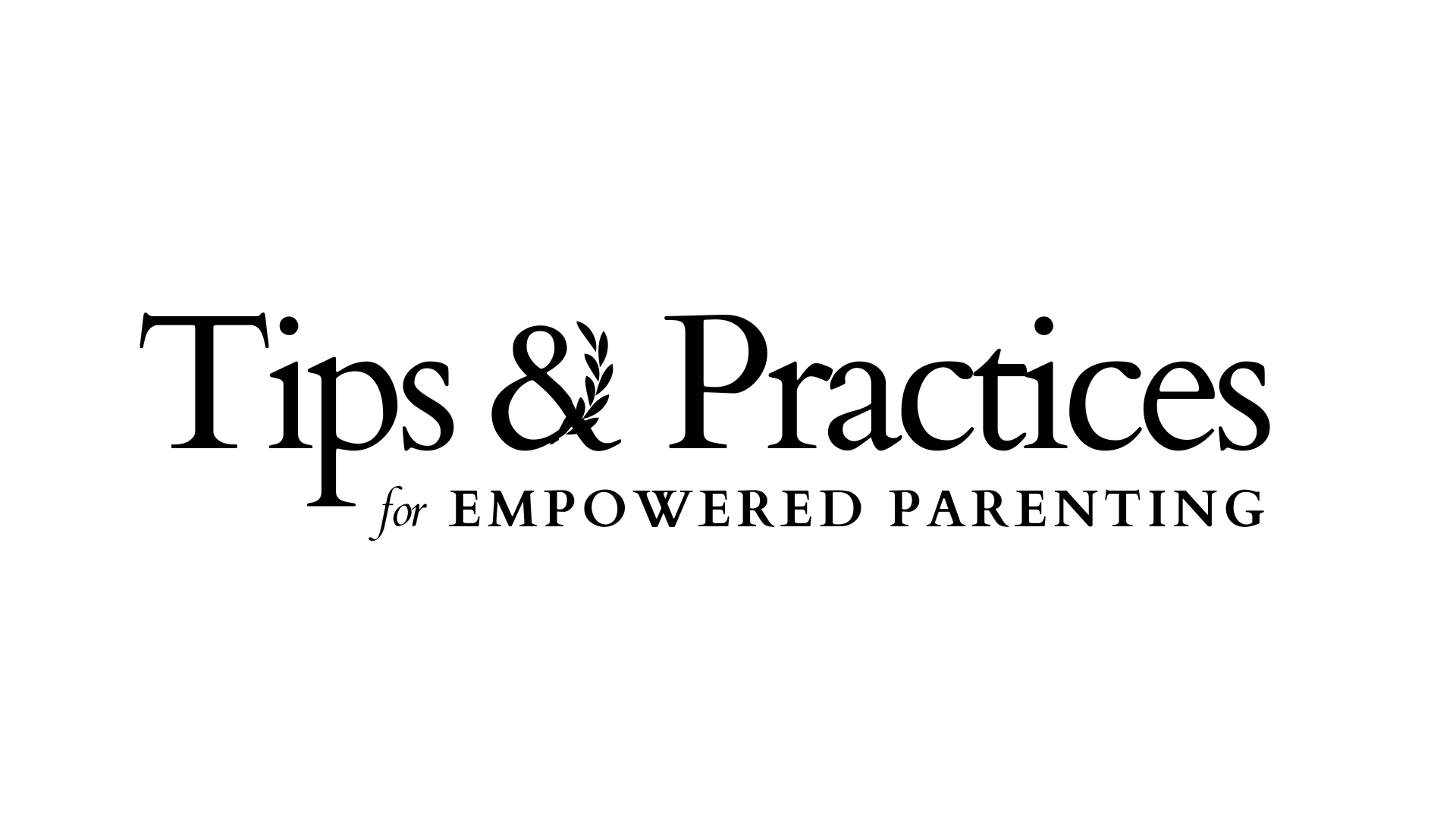
At Jai, we hold a core belief: Every person, whether a child or adult, is doing the best they can with the tools they have in the moment. Doing our best doesn’t mean we’ll always act “good.” It means we act in ways that reflect how much or little we feel safe, connected, or regulated on the inside. When we or our children act out with challenging behaviors (and let’s be honest, adults do it too), it’s usually because there’s pain, unmet needs, or nervous system dysregulation underneath the surface. Try this on: “If you could, you would. And when you can, you will.” What do you notice in your body as you read that? A softening? An eye roll? Resistance? Relief? Whatever it is… that’s a doorway into deeper self-understanding. Here’s what brain science tells us: The brain doesn’t grow from shame, criticism, or punishment. It grows through support, safety, and relationships. Think of the best teacher or mentor you’ve ever had. Were they yelling at you to “do better”? Or were they firm, respectful, and deeply invested in your success? When children feel empowered, they grow. When parents feel empowered, they grow, too. That’s what we do at Jai. We help parents reconnect to their power. Not power over their children, but power with—the kind that comes from self-awareness, emotional attunement, and conscious leadership. It begins with us…Looking inward…Getting curious about why we parent the way we do and exploring what’s possible when we start to shift.
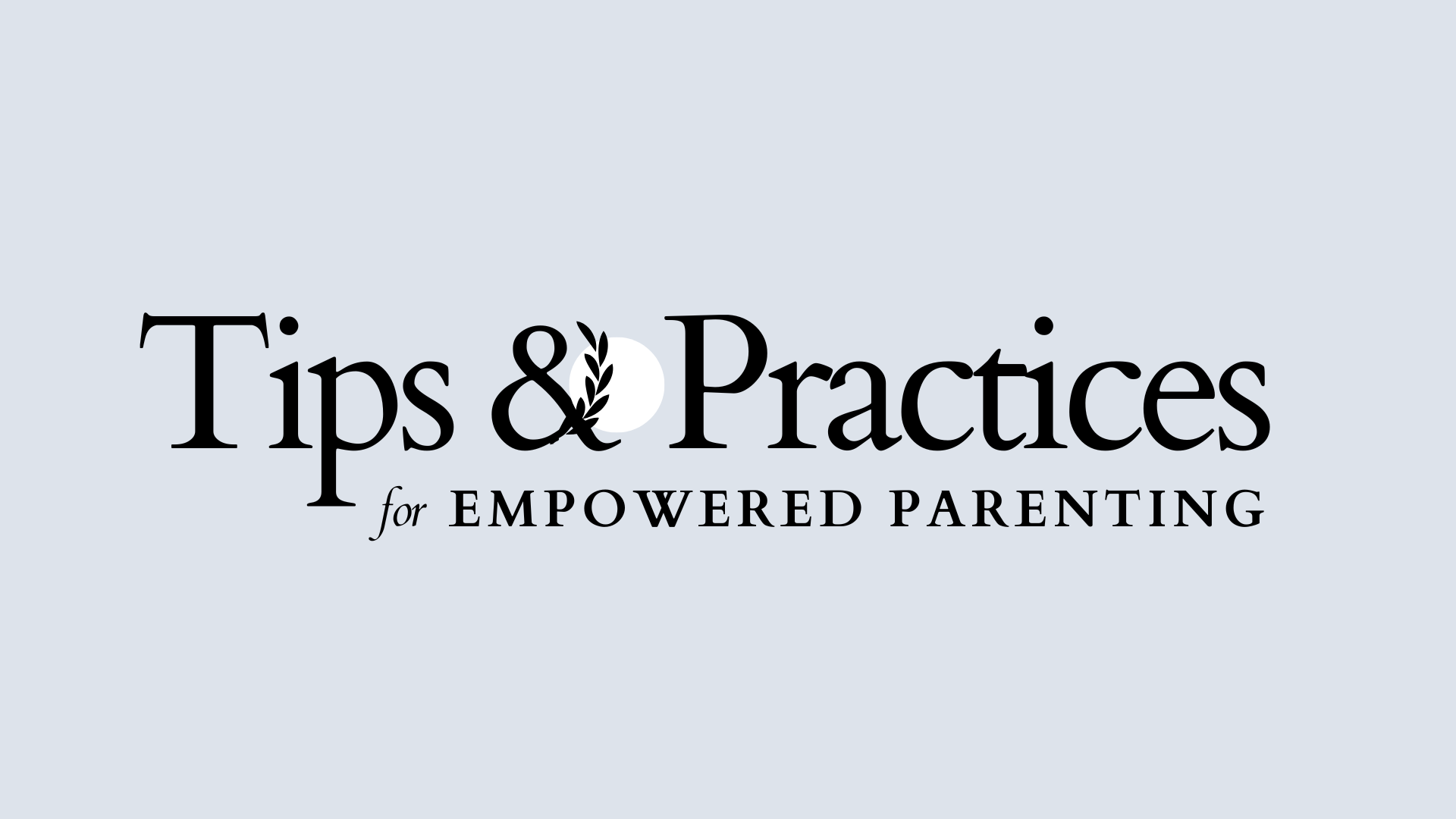
Did you know that the natural lifespan of an emotional reaction is just 90 seconds? Harvard brain scientist Dr. Jill Bolte Taylor explains that when an emotion is triggered, a chemical process unfolds in the body that lasts about a minute and a half. After that, any continuation of the emotion is no longer physiological… It’s something we’re sustaining with our thoughts. We ruminate. We avoid. We resist. We interrupt the natural process instead of allowing it to move through us. And when we witness our children having an emotional reaction, we often respond in the same way we've been taught to respond to ourselves. We try to manage it. Fix it. Control it. Sometimes, we step in with lessons or lectures before the emotional wave has even passed. When a child is overwhelmed, melting down, yelling, or crying over something that may not make sense to us, it's easy to say: "Why don’t you just...” “We don’t throw things in this house.” “Come on, it’s not a big deal.” But in moments of big emotion, the brain isn’t in a state to learn. What your child needs most isn’t a correction. They need a life raft. A calm, steady presence. A parent who can stay grounded and offer connection in the middle of the storm. And once that storm has passed… the teaching can begin.
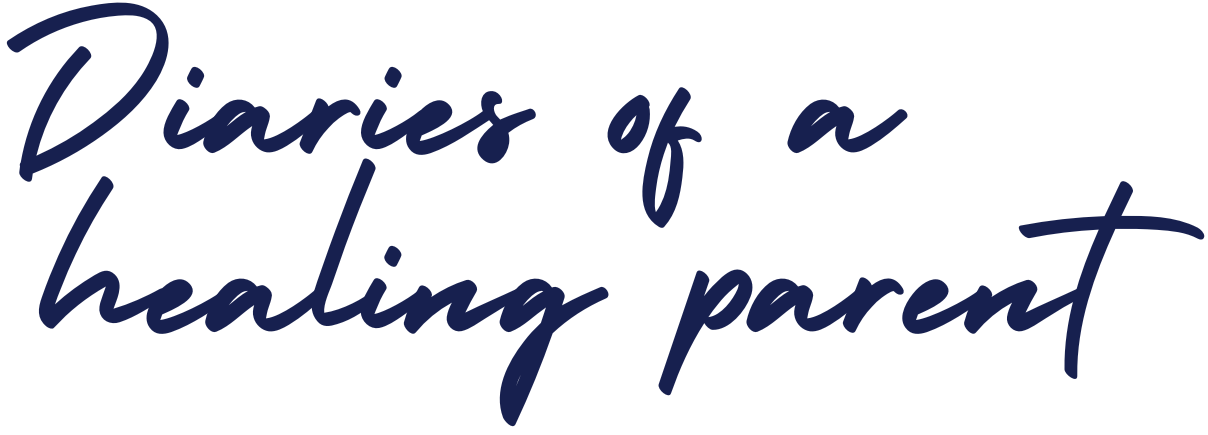
Real life parenting scenarios from within the coaching world of Jai


